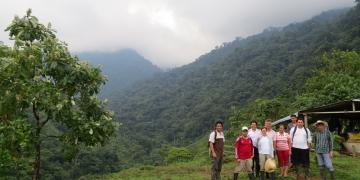Implementation of incentives based on "Sustainability Levels".
Creation of awareness, training and communication campaigns with farmers.
Implementation of Sustainable Agriculture Policies with an evaluation based on indicators and good practices.
Creation of alliances between CIMMYT, farmers, suppliers and experts.
